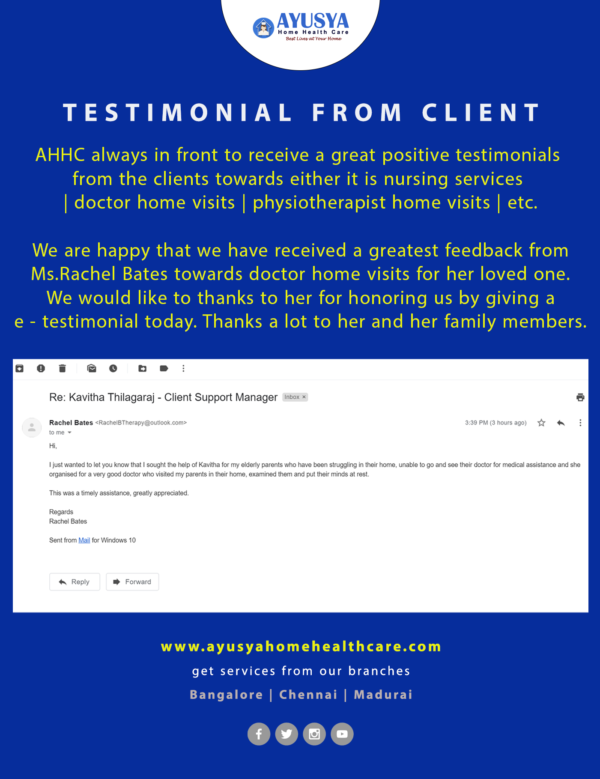Table of Content
The U.S. Department of Health and Human Services can impose civil fines of up to $1.5 million per year. The U.S. Department of Justice levies criminal penalties of up to $250,000 and a maximum of 10 years in prison. The HIPAA regulations established a Privacy Rule, Security Rule, and Enforcement Rule which regulate and protect the use and disclosure of protected health information .

It all hinges on what type of facility it is and the healthcare services it provides. Health care providers [i.e., individual clinicians and facilities ] are increasingly active in addressing concerns about patient safety and minimizing patients’ risks of adverse healthcare events. The Health Insurance Portability and Accountability Act created regulations about privacy in healthcare. The purpose of HIPAA is to protect the security of people’s health information and establish individual rights with health information. As with all aspects of healthcare, nursing homes and their residents are strongly affected by HIPAA rules.
Learn How We Make You HIPAA Compliant!
Cover papers or files and watch who might be looking at screens. Never store data on any personal or unencrypted flash drive or device. Do not open files on public transportation or leave them in your car. With better awareness, they can be more diligent in protecting patient information. Concerns about the provider’s compliance with its privacy policies.
Research estimates that the number of Americans aged 65 or older will grow from 46 million to over 98 million by 2060, which will account for 24% of the total population in the United States. Some organizations may benefit from hiring out the role of HIPAA compliance officer. A consulting team can provide the benefit of many years of expertise in HIPAA regulations. According to the HHS, the clinic had failed to conduct risk analysis, did not properly train employees on HIPAA regulations, and failed at maintaining HIPAA policies and procedures. The results were a hefty fine and two years of monitoring from the OCR. A nursing assistant who worked at a nursing home took a video of a dementia patient in a bathroom and sent it to a friend.
Does HIPAA apply to nursing homes?
A state law is also preempted if the state law interferes with the objective of Congress in having passed HIPAA. Keeping their medical records private is a vital part of maintaining financial and physical safety and security. If you or a loved one experiences a HIPAA rights violation, you deserve to hold the guilty party accountable. The attorneys at Gallon, Takacs & Boissoneault can help you understand your rights and pursue a case if there is a violation.
Authorized to make such requests on behalf of a deceased individual), they were not entitled to the records. The spouses and attorneys-in-fact sued in trial court, demanding release of the records under the Florida law. The trial court found HIPAA preempted the state law, and issued a ruling for the Florida state health agency.
Facility/Provider to Facility/Provider Communications Under HIPAA: Questions and Answers
Strengthen individuals' rights to access their own health information, including electronic information. HIPAA doesn’t require facilities to appoint full-time compliance officers. However, privacy laws and regulations are complex and often changing.

In each scenario the hospital will want to disclose the name of the patient so the nursing home can verify that this patient had been a resident in their home and the date and location of service. The HIPAA Privacy Rule permits a covered health care provider to use or disclose PHI for treatment purposes without the authorization of the patient. While nursing homes are specifically called out in HIPAA’s guidelines, not every senior care facility is held to HIPAA laws.
How can you be sure you’re complying with HIPAA regulations? A risk analysis is required under the HIPAA Security Rule, and anSNF compliance program is a must for skilled nursing facilities. This is where SNF Risk Assessment and Senior Care compliance programs can save you from vulnerabilities and security threats. Disregarding a patient’s right to privacy can land a nursing home or other healthcare facility in serious legal trouble. Avoid the temptation to check the medical records of a friend or family member. Also, do not access your own medical records using an employee login — most systems track who accesses health records.
Poorly trained or monitored staff can also lead to issues with HIPAA. Some nursing homes may not take the time to completely explain HIPAA rules to their staff members, which increases the chance that they will unintentionally violate HIPAA at some point. It is important for nursing homes to establish a status quo that prioritizes resident privacy. There is also a prediction of a 75% increase in the number of elderly people who need nursing homes in 2030, rising from 1.3 million to 2.3 million. Due to the increase in the elderly population, along with the increase in those needing nursing homes, Social Security and Medicare expenses will increase from 8% of gross domestic product to 12% by 2050.
Right to request a list of certain disclosures that have been made of your PHI. Turnover can also cause HIPAA concerns, in both staff and residents. Nursing homes have an extremely hard time retaining staff, and the industry has been experiencing a worker shortage for years. HIPAA can be difficult with entry-level employees because they only have a right to certain information.
HIPAA allows covered entities to share protected health information in order to provide treatment, process payments and conduct internal business operations. The Privacy Rule expects best efforts to maintain confidentiality and privacy of protected health information with the policies and procedures necessary to secure an individual’s privacy. Reduce administrative burdens on HIPAA covered health care providers and health plans. Keeping your organization HIPAA compliant not only protects patient privacy, but it also protects you from hefty government fines. HIPAA rules can be complex, but that is no reason to risk a breach.

No comments:
Post a Comment